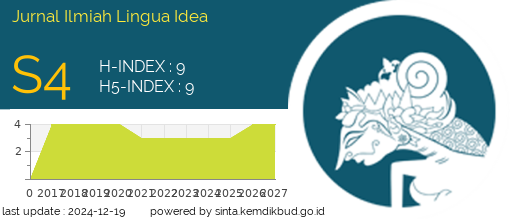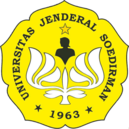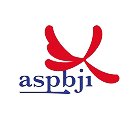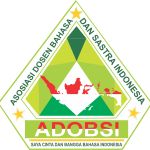Migrant Crossing Borders: Bridging Cultural Difference and Securing a Third Space in the Host Country
Abstract
Being migrant workers means being ready to face and accept the challenge of cultural differences in the host country. Bridging in two different cultures, this involves adaptation. However, the process of adaptation—welcoming, embracing and finally accepting—to the host country’s culture is not easy. Tearing between the two different worlds, their migrant experience can be torturous. These migrants are not only transitioning into a new life in the host country but also translating a new culture in their new life phase. Such experiences, then, open up a space—an interstice—which enables these migrants to survive in the new life, the migrant life. Taking, observing, and interpreting the stories of the Indonesian domestic workers (IDWs) in Hong Kong, I argue that these women are able to not only translate but also adoptthe new culture of the host country through assimilation, acculturation and the invention of a common ground, a third space in which they are able to feel like home in the host country. In addition, the process of acculturation involves negotiation which allows IDWs to find a middle ground between two different cultures and the third space illustrates their adjustment in bridging and crossing the cultural border between the home and the host countries. Between Indonesia and Hong Kong, Victoria Park arises as a comfort space which can ease the pain of being stranger in Hong Kong.
References
Brightwell, Maria das Graças Santos Luiz. (2012). A Taste of Home? Food, Identity and Belonging among Brazilians in London, Diss. University of London.
Georgiou, Myria. (2010).Identity, Space, and the Media: Thinking through Diaspora, Revue Européenne des Migrations Internationales, 26 (1): 17-35. Web. 9 Nov. 2015.
Milostivaya, A. et al. (2017). Post-colonial Theory of Homi K. Bhabha: Translator’s and Translatologist’s Reflections, Advances in Social Science, Education and Humanities Research (ASSEHR), 97: 181-186. Web. 27 October 2019.
Mok, Ronald. (2008).Foreign Domestic Helpers in Hong Kong: Towards Equality of Rights, Queensland Law Student Review, 1(2): 101-16. Web. 10 Nov. 2015.
Purnomo, Slamet Hadi. (2014). Taman Victoria Tempat Melepas Rindu BMI Hong Kong,Antara Jatim.com. N.p., 4 Apr. Web. 29 Oct. 2015.
Shadbolt, Peter. (2014). Indonesian Migrant Worker Tells of Abuse as Thousands Protest in Hong Kong,CNN.com. N.p., 21 Jan. Web. 4 Dec. 2015.
van Tonder, Christian L. and Werner Soontiens. (2017). Migrant Acculturation and the Work Place, Procedia - Social and Behavioral Sciences, 143: 1041 – 1047. Web 27 October 2019.
Yazid, Mohamad. (2010). Freedom in Hong Kong,The Jakarta Post. N.p., 14 Sept. Web. 2 Nov. 2015.
“Jumlah Tenaga Kerja Indonesia Menurut Negara Penempatan.” Bappenas. N.p.Nd. 01 Dec. 2015.
“History of Victoria Park.” Leisure and Cultural Services Department. 2014. Web. 25 Nov. 2015.
“Sehari di Victoria Park, ''Kampung Jawa''nya TKW di Hong Kong”VOA Islam.07 Feb. 2011. Web. 09 Nov. 2015.
Indonesia: Decent Work for Indonesian Migrant Workershttp://www.refworld.org/pdfid/557fe1bf4.pdf.
Authors who publish with Jurnal Ilmiah Lingua Idea agree to the following terms:
- Authors retain copyright and grant the journal right of first publication with the work simultaneously licensed under a Creative Commons Attribution License (CC BY-SA 4.0) that allows others to share the work with an acknowledgment of the work's authorship and initial publication in this journal.
- Authors are able to enter into separate, additional contractual arrangements for the non-exclusive distribution of the journal's published version of the work (e.g., post it to an institutional repository or publish it in a book), with an acknowledgment of its initial publication in this journal.
- Authors are permitted and encouraged to post their work online (e.g., in institutional repositories or on their website) prior to and during the submission process, as it can lead to productive exchanges, as well as earlier and greater citation of published work.





















.png)




_.png)


